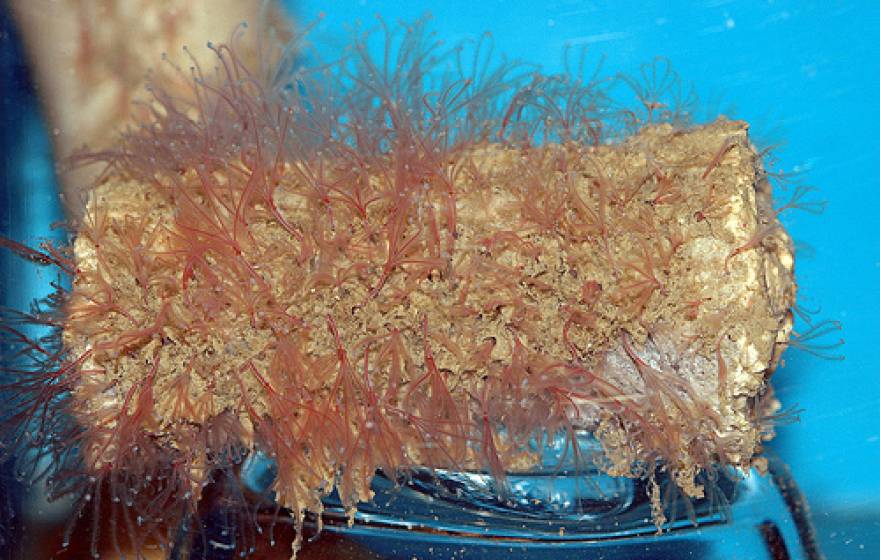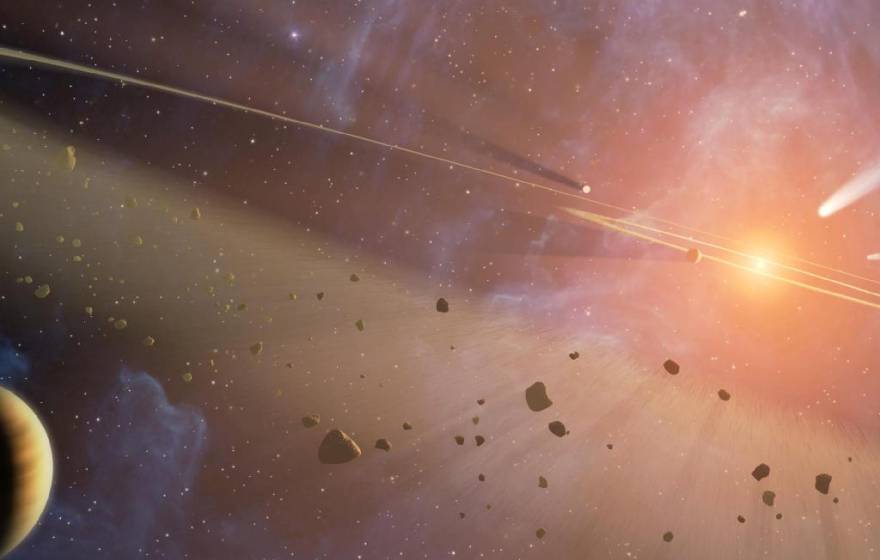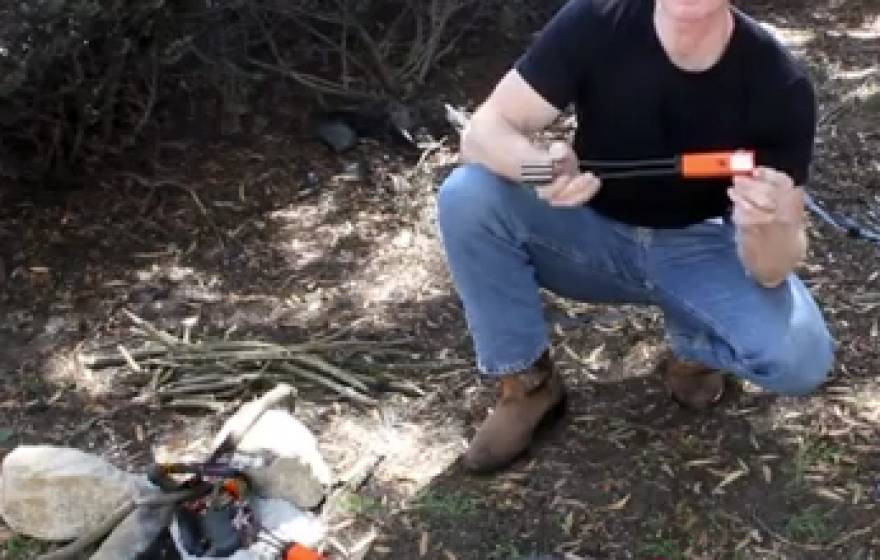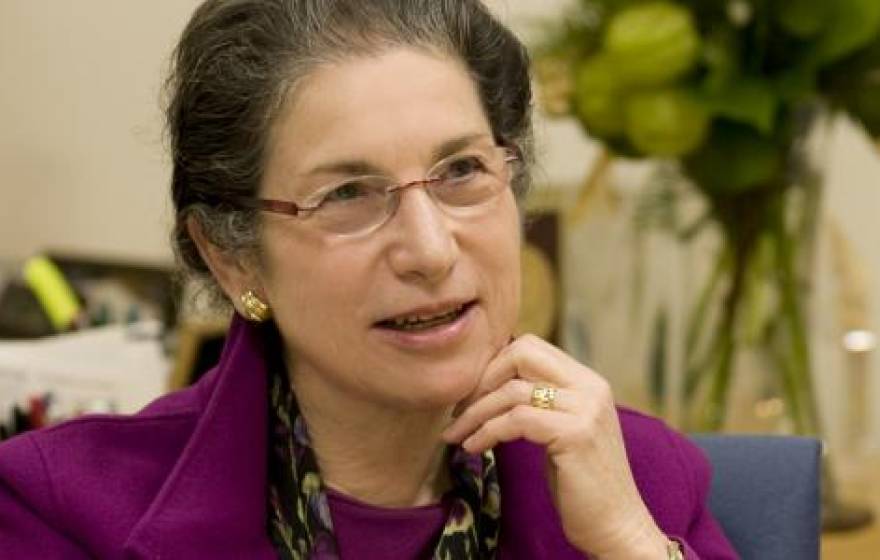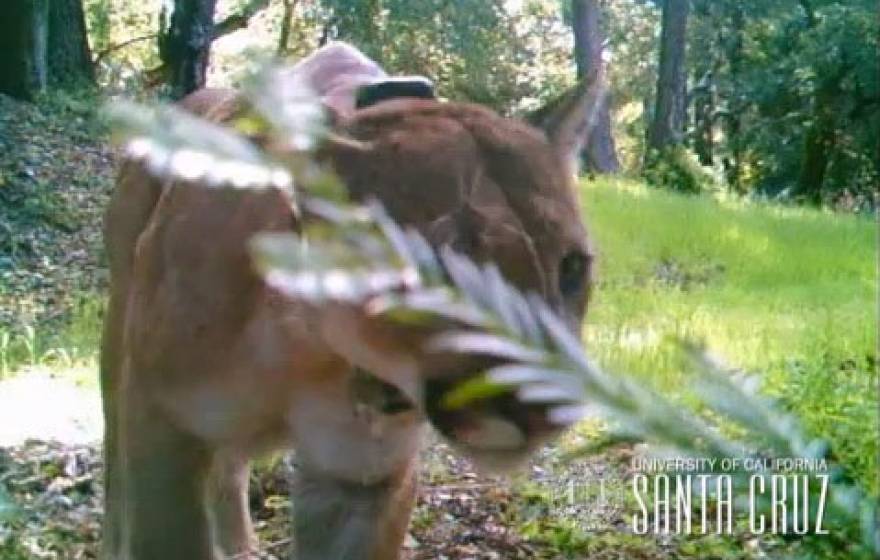UC Berkeley |
Troubling levels of toxic metals found in cosmetics
Troubling levels of lead, other toxic metals found in lipstick, lip gloss.
UC San Francisco |
Common migraine linked to genetic mutation
Discovery may point to causes of the throbbing head pain that plagues millions.
UC San Diego |
Bone worms emit acid to eat whale skeletons
Acid lets worms get to nutrients lurking within bones.
UC Santa Barbara |
Researchers successfully treat autism in infants
A modified therapy lessens the severity of the condition and can perhaps alleviate it altogether.
UC Office of the President |
UC researchers track asteroids, space debris
Recent close encounters with intergalactic objects are examples of dangers scientists hope to help Earth avoid.
UC Riverside |
Controlling a deadly citrus disease
Phosphorus and small RNAs could help battle citrus greening.
Lawrence Berkeley National Laboratory |
Startup brings fuel cells to developing world
Point Source Power's cheap, rugged fuel cells — using technology developed at Berkeley Lab — can provide electricity where none exists.
UC Berkeley |
Lost your cat? The brain can rapidly mobilize a search party
When we embark on a targeted search, various visual and non-visual regions of the brain mobilize to track down a person, animal or thing.
UCLA |
Sperm take 'twisting ribbon' path
Knowledge of the complex swimming patterns of human and animal sperm will improve could understanding of fertilization processes, with potential clinical applications.
UCLA |
New evidence that chemo brain is real
Mental fogginess linked to chemotherapy may have roots in neurophysiological change.
UC Santa Cruz |
Puma tracking reveals impact of habitat fragmentation
Three-year study monitors activities of 20 animals across 6,600 square miles of territory.
UC Office of the President |
California farmers face global pressures
Experts confront paradox of want in the land of plenty.
